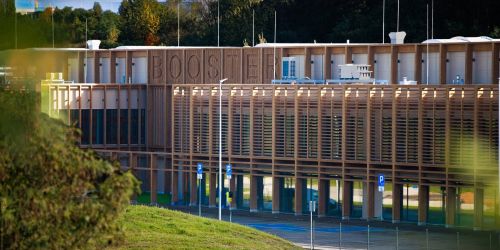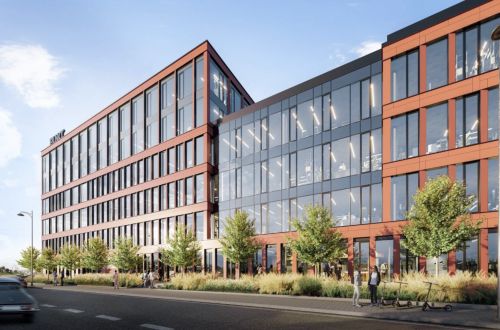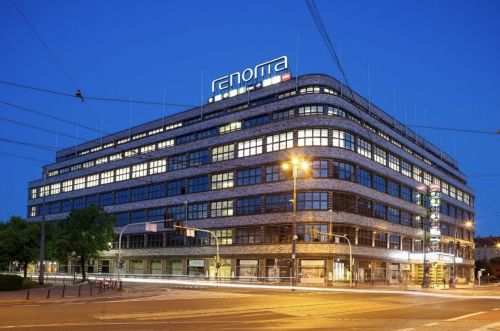Polish real estate agents are often embarrassed when a foreigner walks in asking about offices in Poland on streets in Katowice or Wrocław they have never even heard of. These are heady days for the office market in the provincesOases of modern office complexes are finally appearing in the cities of Łódź and Katowice – cities which have been treated as office deserts for many years. Although these are mostly planned investments at the moment, the fact remains that things are definitely on the move, if we go by announcements of purchased building sites and cornerstones being laid. The King Sturge agency paints a bright picture of 140,000 sqm of offices under development in Łódź by the end of 2008 (only 110,200 sqm exists at present) and 42,000 sqm in Katowice (159,700 sqm today). The total size of planned investments is app. 170,000 sqm and 300,000 sqm respectively in the two cities.Tomasz Buras, King Sturge’s office department director, comments that: “Huge int

























































